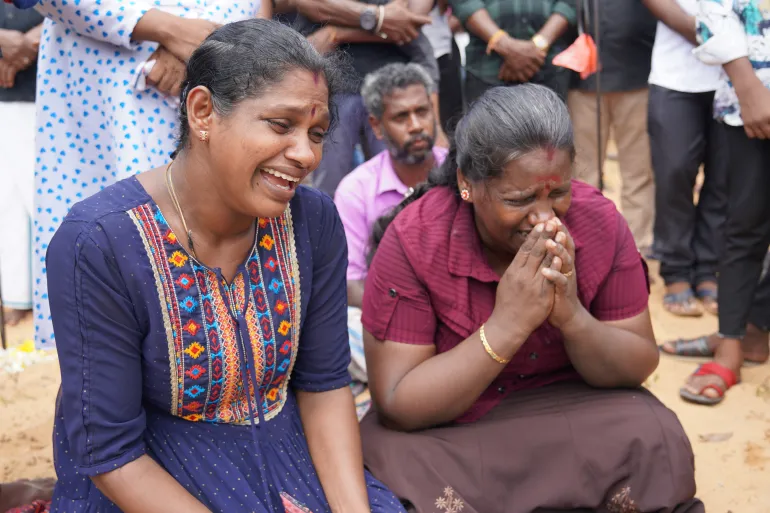New York State Assemblymember Zohran Mamdani is defending his decision to abstain from supporting a Holocaust remembrance resolution earlier this week, arguing that the measure had been “politically weaponized” to silence criticism of Israel amid its ongoing military operations in Gaza.
The resolution, which was ultimately passed overwhelmingly by the Assembly, recognized International Holocaust Remembrance Day and condemned antisemitism. While Mamdani said he honored the memory of Holocaust victims and denounced antisemitism unequivocally, he contended that the resolution was framed in a way that indirectly equated legitimate criticism of Israeli policy with hate speech.
“I fully support Holocaust education and the remembrance of one of humanity’s darkest chapters,” Mamdani stated in a public explanation of his abstention. “But this resolution, while honoring that history, was also used to target and delegitimize movements advocating for Palestinian human rights.”
The Queens lawmaker, a member of the Democratic Socialists of America (DSA), has been a vocal critic of Israel’s recent military campaign in Gaza, where more than 50,000 Palestinians have reportedly been killed since hostilities escalated in 2023. Mamdani argued that political leaders in the U.S. have increasingly used the charge of antisemitism to deflect from criticism of Israel’s policies.
His decision not to back the resolution sparked a firestorm of criticism from Jewish organizations, Republican leaders, and members of his own Democratic Party. The Anti-Defamation League (ADL) called the abstention “morally indefensible,” while New York Assembly Speaker Carl Heastie said the vote should have been a moment of bipartisan unity.
“This was not the time or place for political grandstanding,” said Assemblymember Daniel Rosenthal, who co-sponsored the resolution and represents a district with a large Orthodox Jewish population. “To abstain on a Holocaust remembrance bill is to send the wrong message about our collective commitment to fighting antisemitism.”
Mamdani, however, pushed back on those criticisms, accusing his detractors of deliberately mischaracterizing his position. “I refuse to allow my commitment to justice for Palestinians to be used to falsely portray me as antisemitic,” he said. “We must be able to honor Holocaust victims while also confronting injustices happening today—including in Gaza.”
The controversy highlights the increasingly tense political climate surrounding discussions of Israel and Palestine, particularly among progressive lawmakers. Mamdani is part of a growing cohort of state and federal officials who have spoken out against U.S. support for Israeli military actions, a position that has become more mainstream among younger and left-leaning voters.
Still, abstaining from a Holocaust remembrance resolution remains a rare and politically risky move, even for progressive politicians. Several of Mamdani’s fellow DSA members in the Assembly supported the measure, opting not to make a public stand over its alleged political implications.
Political strategists warn that the backlash could complicate Mamdani’s re-election campaign in a district that includes Jewish constituents alongside a large Muslim and immigrant population. “He’s threading a very narrow needle,” said Democratic consultant Evan Roth. “His core supporters may appreciate the principled stand, but it could cost him broader support.”
Meanwhile, pro-Palestinian groups have rallied behind Mamdani, praising his stance as brave and necessary. The New York chapter of Jewish Voice for Peace issued a statement defending him, saying, “Real remembrance of the Holocaust must include standing against all forms of state violence—then and now.”
As debate over U.S. policy in the Middle East intensifies and domestic divisions grow sharper, Mamdani’s abstention could serve as a flashpoint in a broader battle over the boundaries of political expression, solidarity, and historical memory.
For now, Mamdani stands by his decision. “I will continue to speak out against all injustice—whether rooted in the past or unfolding in the present,” he said. “We owe it to those who suffered in history to also prevent suffering today.”
Source: Politico



